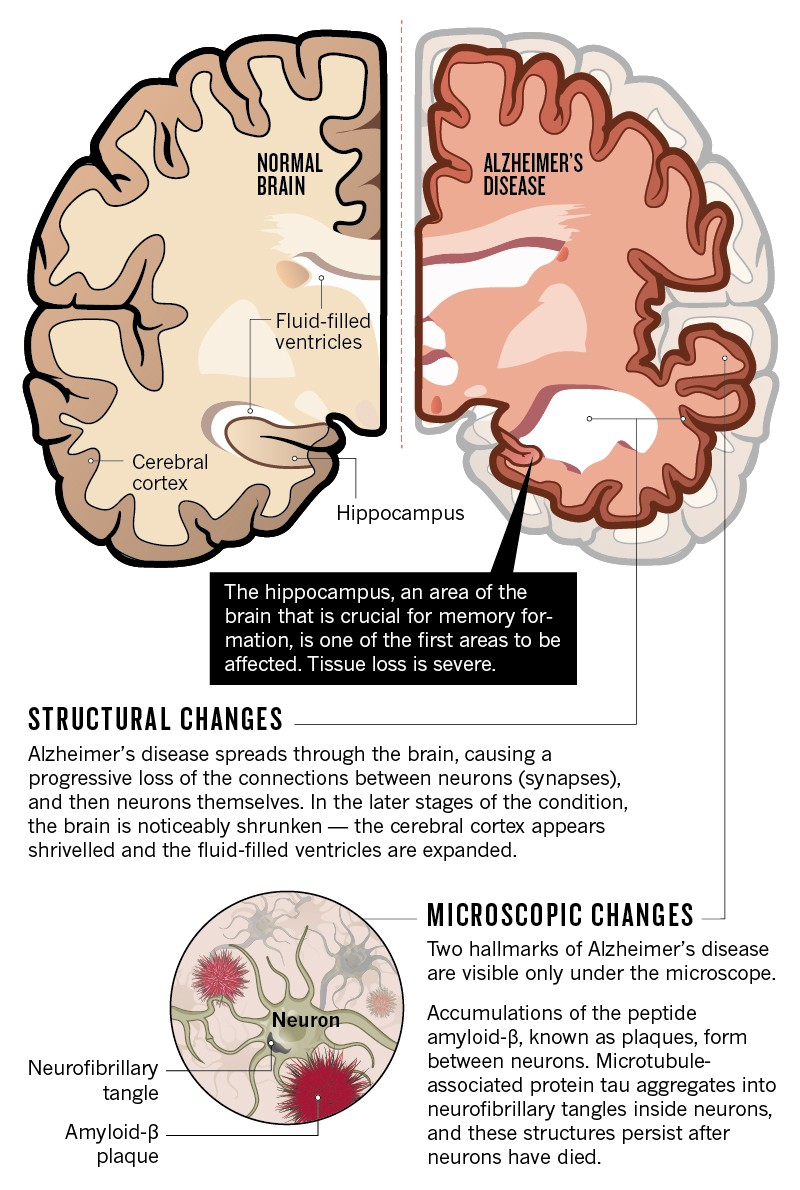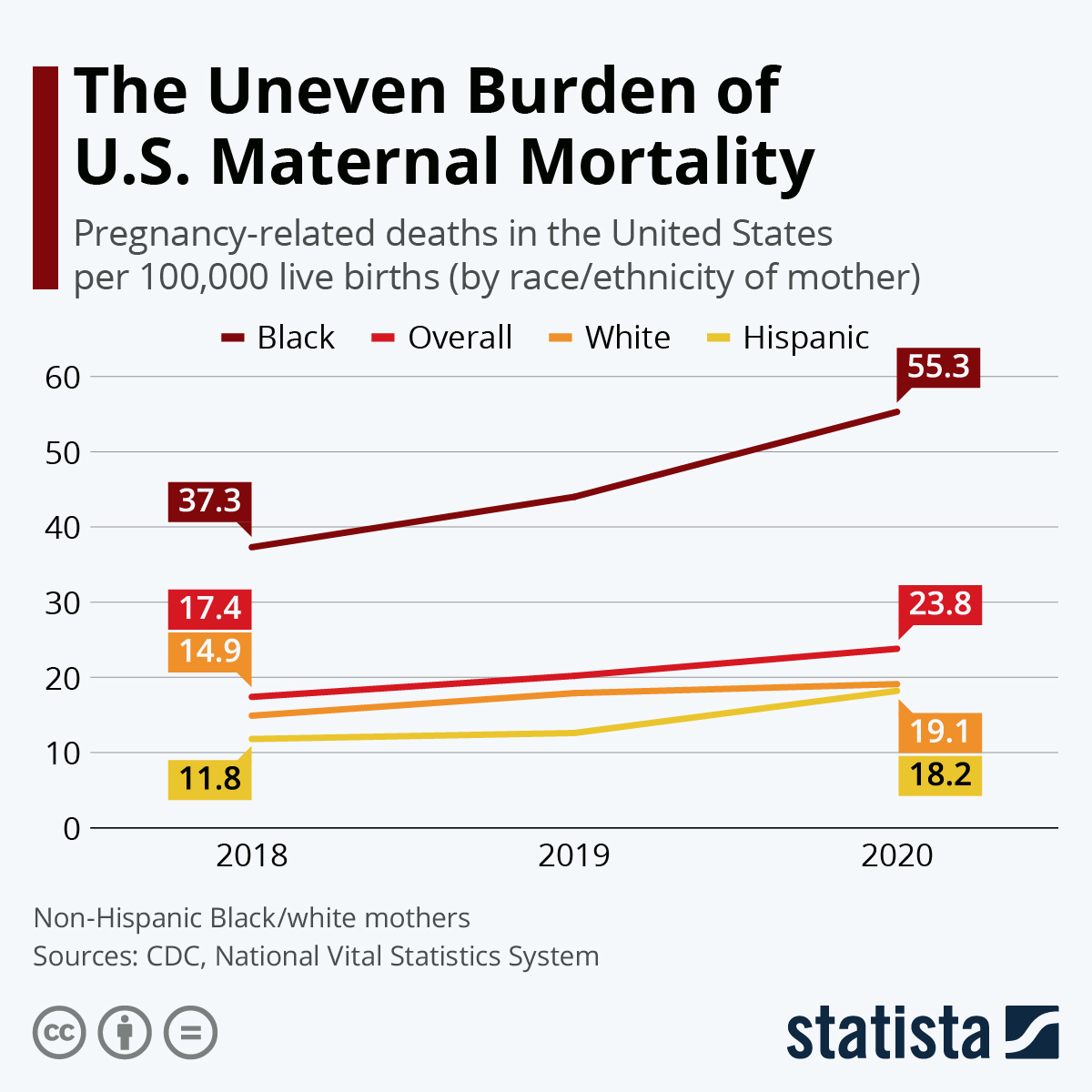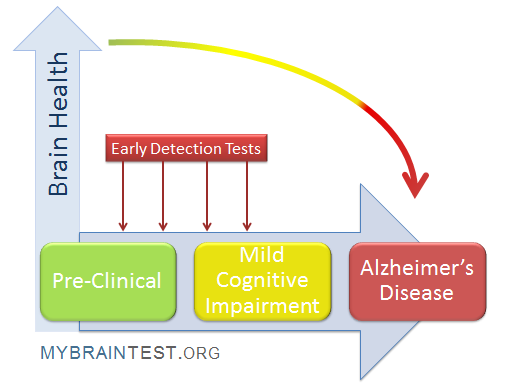Age-related brain diseases, including stroke and dementia, represent significant health challenges for older adults, affecting their quality of life and independence. Recent research has highlighted modifiable risk factors that can significantly reduce the likelihood of developing these daunting conditions. By addressing factors such as high blood pressure, poor diet, and lack of physical activity, individuals can take proactive steps toward preserving their brain health. Furthermore, a focus on mental well-being, such as reducing depression risk factors, plays a vital role in this preventive approach. Understanding how to effectively modify these risks is essential for promoting longevity and enhancing cognitive function as we age.
As we delve into the realm of cognitive decline associated with aging, we uncover a landscape fraught with challenges such as dementia, strokes, and the looming threat of late-life depression. These interconnected conditions reveal significant overlaps in their origins, driven by shared risk factors that can be influenced or altered through lifestyle changes. Increasing awareness regarding the prevention and management of these brain health issues is critical to fostering a healthier elderly population. It’s essential to explore the various ways individuals can mitigate the impact of known neurodegenerative conditions by focusing on their overall well-being and addressing factors that contribute to cognitive decline. Ultimately, understanding and taking action against these age-related brain diseases can empower individuals to live healthier, more fulfilling lives.
Understanding Age-Related Brain Diseases
Age-related brain diseases, such as dementia and stroke, present serious health challenges for the elderly population. These conditions not only affect cognitive functioning but also influence an individual’s overall quality of life. Research has shown that age-related brain disorders are interconnected; for instance, having one of these conditions significantly increases the likelihood of developing another. Therefore, understanding the nature and risk factors associated with these diseases is essential for effective prevention and management strategies.
Preventing age-related brain diseases requires a multifaceted approach that includes lifestyle modifications and awareness of risk factors. Studies highlight that addressing elements such as high blood pressure and diabetes can substantially decrease the likelihood of suffering from dementia or experiencing a stroke. By implementing preventative measures, individuals can enhance their brain health and minimize the risks of developing these debilitating conditions.
The 17 Shared Risk Factors for Dementia and Stroke
Recent studies identified 17 risk factors that are common among dementia, stroke, and late-life depression. These modifiable factors range from lifestyle choices, such as diet and physical activity, to health conditions like high blood pressure and kidney disease. For example, individuals with high cholesterol or uncontrolled diabetes face higher risks of stroke and dementia, suggesting that interventions targeting these risks could be beneficial not just for one, but for multiple age-related conditions.
In addition, mental health risk factors, such as chronic stress and depression, significantly contribute to the development of neurological disorders. It’s crucial for both healthcare providers and individuals to recognize these shared risks. By modifying just one of these factors, such as increasing physical activity or improving dietary habits, patients may reduce their chances of facing multiple brain health conditions later in life.
Exploring Additional Risk Factors for Brain Health Improvement in Aging Individuals
Beyond the well-documented factors, it’s essential to consider lifestyle aspects like social engagement, sleep quality, and purpose in life. A lack of social connection can contribute to feelings of loneliness, which is often linked to higher depression risk factors. Engaging with friends and family can foster mental well-being, which in turn supports brain health. Additionally, poor sleep patterns have been shown to exacerbate cognitive decline, making it vital for aging individuals to prioritize restorative sleep.
In contrast, maintaining an active social life and ensuring adequate rest can be protective measures against cognitive decline. Combining strategies that promote not only physical activity but also mental engagement, such as puzzles or reading, can effectively safeguard against the progression of age-related brain diseases.
The Role of Diet in Modifying Risks for Dementia and Stroke
Diet plays a significant role in maintaining brain health and modifying the risk factors associated with dementia and stroke. A nutrient-rich diet that emphasizes fruits, vegetables, lean proteins, and healthy fats can help manage conditions such as high cholesterol and blood pressure, which are critical in the prevention of these diseases. Furthermore, adopting dietary patterns such as the Mediterranean diet has shown promising results in supporting cognitive function and reducing overall dementia risk.
Conversely, a diet high in sugars and saturated fats may worsen health outcomes and increase the likelihood of developing age-related brain diseases. For instance, regular consumption of processed foods has been linked with inflammation and cognitive decline. Therefore, educating individuals on healthy eating habits is vital for establishing dietary practices that promote better brain health.
Physical Activity: A Key Component to Preventing Age-Related Disorders
Regular physical activity is one of the most effective ways to combat the risk factors associated with age-related brain diseases. Engaging in aerobic exercises not only improves cardiovascular health but also enhances cognitive function. Studies show that individuals who maintain a regular exercise regimen boost their brain health by increasing blood flow and supporting the growth of new neural connections, which can mitigate the effects of age-related decline.
Incorporating both aerobic and strength-training exercises can provide comprehensive benefits, significantly lowering the risk of developing conditions like stroke and dementia. Activities such as walking, swimming, or even dancing promote overall health while enhancing social interaction, which further fosters mental well-being and resilience against depression.
The Impact of Mental Health on Brain Disease Risk Factors
Mental health plays a crucial role in the risk factors associated with age-related brain diseases. Depression, for example, is intricately linked to cognitive decline and can exacerbate the risk of developing conditions such as dementia. Managing mental health through therapy, medication, or lifestyle changes is essential for reducing overall disease prevalence. Focusing on mental wellness not only benefits emotional stability but also fortifies brain health through more robust coping mechanisms.
Moreover, research suggests that addressing the psychological aspects of an individual’s life, such as purpose in life and emotional fulfillment, can provide protective benefits against cognitive decline. Individuals who engage in meaningful activities are less likely to experience the debilitating effects of late-life depression and are better positioned to maintain their brain health as they age.
The Importance of Social Engagement for Brain Health
Social engagement is a significant factor in maintaining cognitive function and modifying risks associated with age-related brain diseases. Regular interaction with friends, family, and community can bolster mental health, reducing feelings of isolation that often accompany aging. Such interactions are not just beneficial for emotional well-being; they also stimulate cognitive processes, contributing to improved brain health.
Furthermore, being socially active can create a buffer against the negative consequences of stress and depression, both of which are significant risk factors for stroke and dementia. Programs that encourage social engagement and participation have shown to improve the quality of life for aging individuals, providing a dual benefit of promoting mental health while simultaneously working to preserve cognitive abilities.
Adopting a Multi-Factorial Approach to Brain Health
To effectively combat the risk factors associated with age-related brain diseases, a multi-factorial approach is essential. This encapsulates not only modifying physical and dietary habits but also embracing mental well-being and social engagement. Strategies that interconnect these various aspects can lead to comprehensive preventative measures that significantly reduce the risk of developing conditions such as stroke and dementia.
The need for ongoing research into these interconnected risk factors remains paramount. Understanding how various elements affect brain health collectively can inform better preventive strategies, helping to mitigate the burden of age-related diseases while enhancing the quality of life for older adults.
Innovations in Brain Health Assessment: The Brain Care Score
The development of tools like the Brain Care Score marks an important advancement in assessing and improving brain health. By evaluating individual risk factors and lifestyle habits, the Brain Care Score allows healthcare providers to offer personalized guidance that addresses the unique needs of patients. This score incorporates the latest findings from research, ensuring that it remains relevant and effective in preventing age-related brain diseases.
Incorporating novel assessment tools can empower individuals to take actionable steps towards protecting their brain health. With clear metrics and personalized recommendations, patients can work collaboratively with their healthcare providers to modify risk factors and enhance their overall cognitive resilience against dementia, stroke, and depression.
The Need for Ongoing Research in Modifiable Risk Factors
As health researchers continue to explore the modifiable risk factors associated with age-related brain diseases, the importance of ongoing studies cannot be overstated. Research efforts that focus on understanding the complex interactions between physical health, mental well-being, and environmental influences provide a foundation for effective interventions. Identifying new and emerging risk factors can lead to even more impactful strategies for prevention.
Further studies are necessary to determine the best practices for integrating lifestyle modifications into everyday life. Creating a clearer understanding of how to implement these changes effectively will be instrumental in reducing the incidence of diseases such as stroke and dementia, ultimately contributing to better quality of life for aging populations.
Frequently Asked Questions
What are the main risk factors for dementia, stroke, and late-life depression?
The main risk factors shared among dementia, stroke, and late-life depression include high blood pressure, diabetes, kidney disease, high fasting plasma glucose, and high total cholesterol. Other factors include excessive alcohol use, poor diet, hearing loss, chronic pain, lack of physical activity, lack of purpose in life, poor sleep quality, smoking, low social engagement, and chronic stress.
How can modifying risk factors reduce the risk of age-related brain diseases?
Modifying risk factors such as managing blood pressure, improving diet, increasing physical activity, and reducing alcohol intake can significantly lower the risk of age-related brain diseases like stroke, dementia, and late-life depression. The study suggests that even changing one risk factor can lead to a decreased incidence of these conditions.
What role does physical activity play in preventing age-related brain diseases?
Physical activity is crucial in preventing age-related brain diseases. Regular exercise has been shown to lower the risk of dementia, stroke, and late-life depression. Engaging in physical activity improves overall brain health and encourages social engagement, further mitigating these risks.
How does depression serve as a risk factor for dementia and stroke?
Untreated depression is a significant risk factor for both dementia and stroke. It can lead to detrimental changes in brain health, further increasing the likelihood of developing these age-related brain diseases. Addressing depression is vital for reducing risks associated with other conditions.
What lifestyle changes can help improve brain health and reduce the risk of age-related brain diseases?
To improve brain health and reduce the risk of age-related brain diseases, consider adopting a healthy diet, engaging in regular physical activity, ensuring good sleep quality, managing stress, and maintaining social connections. These lifestyle changes address modifiable risk factors, promoting better cognitive function as you age.
Is there a connection between kidney disease and age-related brain diseases?
Yes, kidney disease is a significant modifiable risk factor for age-related brain diseases, including dementia and stroke. It is associated with increased risk due to its impact on overall health and well-being, highlighting the importance of managing kidney health to protect brain health.
Why are blood pressure and cholesterol important in preventing age-related brain diseases?
High blood pressure and high cholesterol are major risk factors for dementia, stroke, and late-life depression. Maintaining healthy blood pressure levels and cholesterol can significantly lower the risk of developing these age-related brain diseases, emphasizing the need for regular monitoring and management.
Can social engagement influence the risk of age-related brain diseases?
Yes, social engagement plays a crucial role in reducing the risk of age-related brain diseases. Lack of social interaction is associated with higher rates of depression and cognitive decline, making social activities an essential component of preventive strategies for brain health.
What is the Brain Care Score and how does it help in preventing age-related brain diseases?
The Brain Care Score is a tool developed by researchers to measure efforts aimed at protecting brain health. It incorporates various modifiable risk factors and provides guidance on improving lifestyle choices to reduce the risk of age-related brain diseases such as dementia, stroke, and late-life depression.
| Risk Factor | Impact on Age-Related Brain Diseases |
|---|---|
| Diabetes | Increases risk of stroke, dementia, and depression |
| Blood Pressure | Major risk factor for all three conditions |
| Kidney Disease | Increases risk of stroke, dementia, and depression |
| Fasting Plasma Glucose | High levels are a risk factor |
| Total Cholesterol | High levels increase risk of stroke and dementia |
| Alcohol Use | Excessive use linked to increased risk |
| Diet | Poor diet contributes to all three conditions |
| Hearing Loss | Modifiable risk factor for dementia |
| Pain | Can increase risk of depression |
| Physical Activity | Lack of activity increases risk of all three conditions |
| Purpose in Life | Lack of it can contribute to depression |
| Sleep | Poor quality can increase risk |
| Smoking | Major risk factor for all three conditions |
| Social Engagement | Lack can contribute to depression |
| Stress | Chronic stress increases risk of depression |
| Depression | Untreated depression increases risk of other conditions |
| Obesity | A risk factor for stroke, dementia, and depression |
Summary
Age-related brain diseases are increasingly recognized as interconnected conditions marked by shared risk factors. Researchers have identified 17 modifiable risk factors that can significantly reduce the likelihood of suffering from stroke, dementia, and late-life depression. By addressing these factors—such as high blood pressure, poor diet, and lack of physical activity—individuals can potentially enhance their overall brain health and mitigate the incidence of age-related brain diseases. This highlights the importance of preventative measures and public health strategies aimed at promoting better lifestyle choices to combat these debilitating conditions.



